What are ISO Certifications?
ISO certifications are official recognitions granted by independent bodies to organizations that demonstrate compliance with international standards set by the International Organization for Standardization (ISO). These standards cover a wide range of business processes, ensuring products and services are reliable, safe, and of consistently high quality.
-
Certification confirms that an organization follows documented best practices and processes.
-
ISO does not perform certification itself; accredited, independent bodies conduct the assessments and grant certifications.
Key Iso Certifications for Language Service Agencies
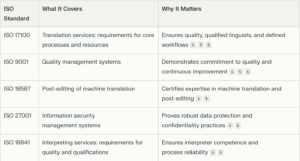
ISO certifications matter because they:
-
Enhance Credibility and Trust: Accreditation instantly communicates professionalism and a commitment to internationally recognized quality.
-
Ensure Service Quality: Standards like ISO 9001 and ISO 17100 enforce rigorous quality management, reducing errors and ensuring reliable delivery.
-
Provide Competitive Advantage: Certified agencies are distinguished from competitors, as many clients prefer or require certified vendors for risk mitigation.
-
Promote Continuous Improvement: Ongoing audits and reviews encourage agencies to maintain and improve operational standards.
-
Protect Data and Confidentiality: Standards such as ISO 27001 demonstrate robust processes for handling sensitive client information, which is crucial in the translation and localization industry.
-
Increase Client Confidence Certification: often becomes a prerequisite in procurement, especially for regulated industries (legal, medical, governmental), because it assures buyers of consistent standards.
ISO certifications are more than just badges— they foster a proactive framework in language services: systematically improving processes for quality, security, and reliability while continually adapting to new challenges and client expectations.
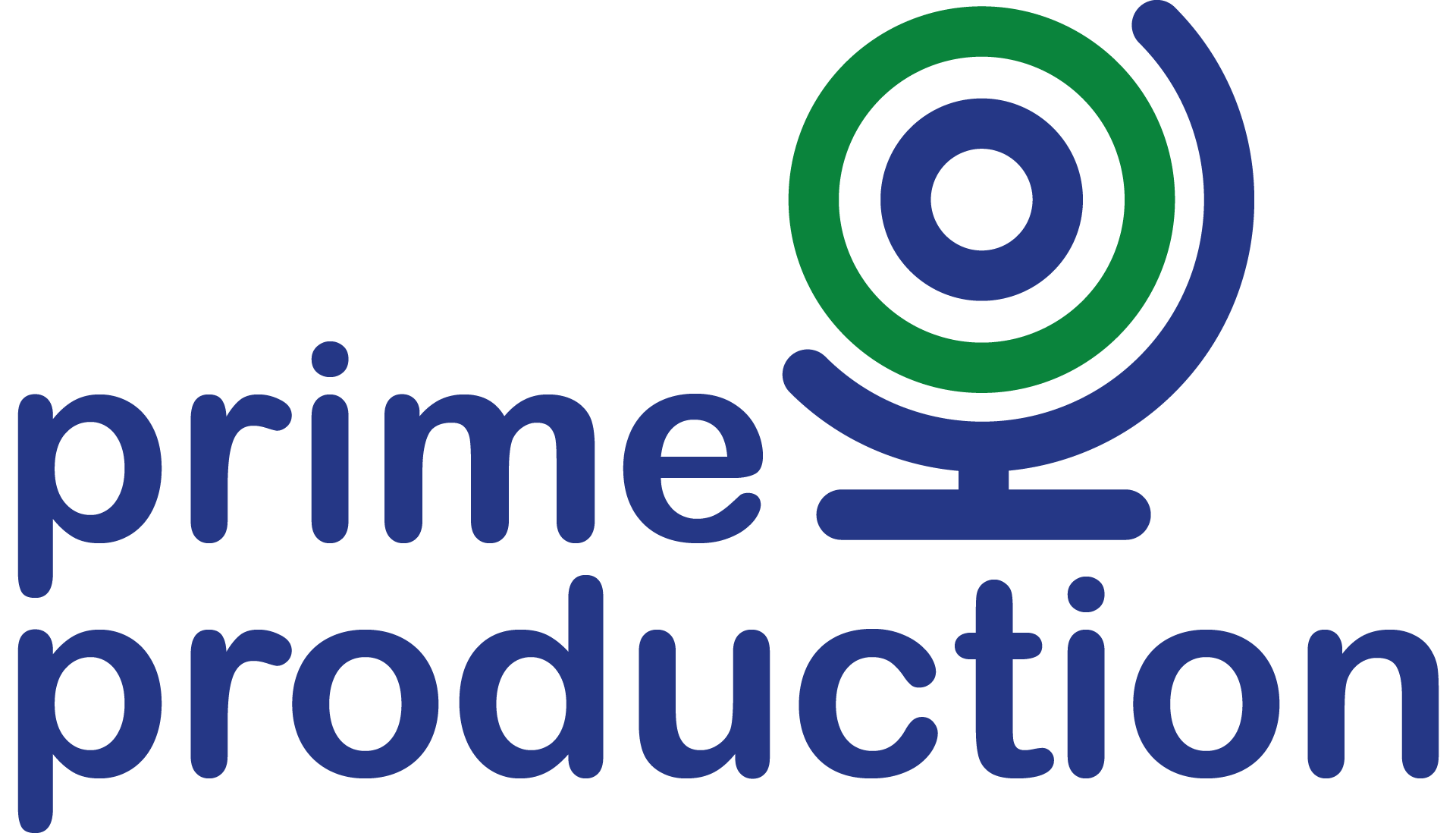
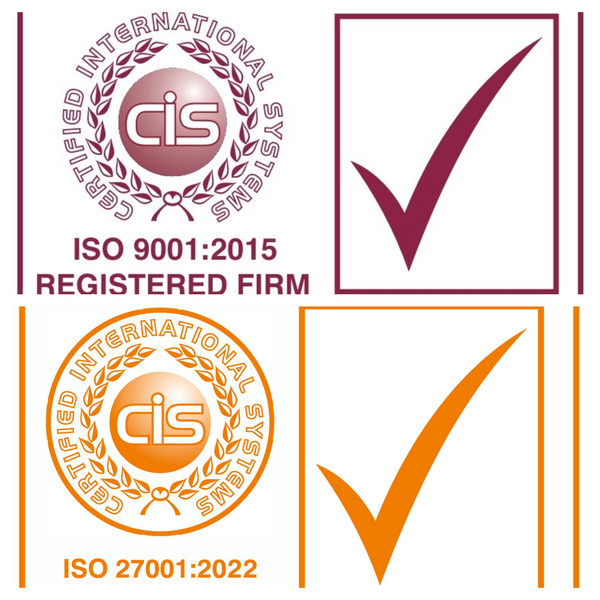



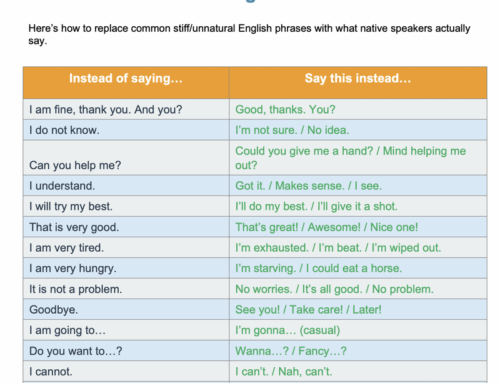





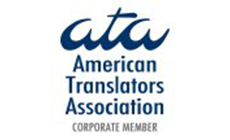
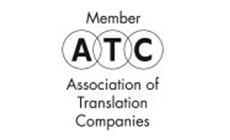
Leave A Comment